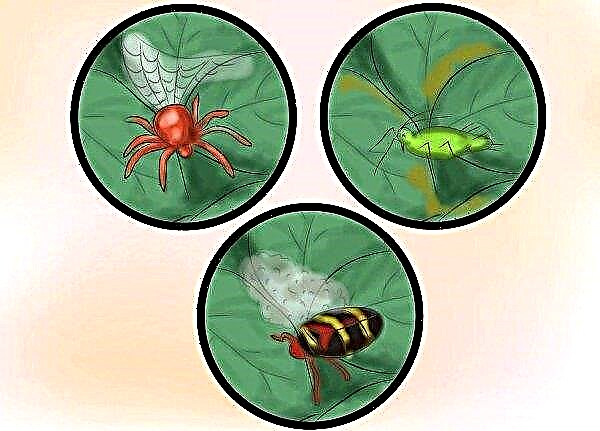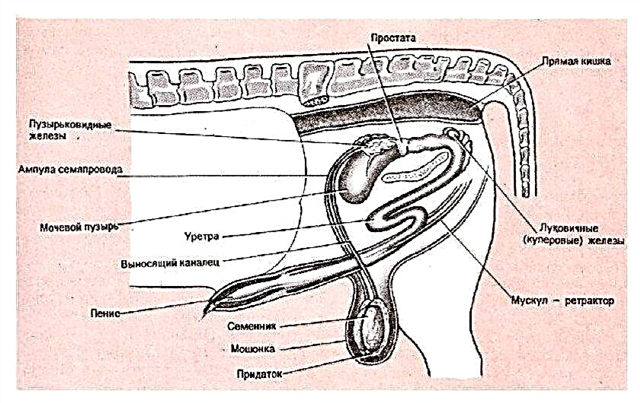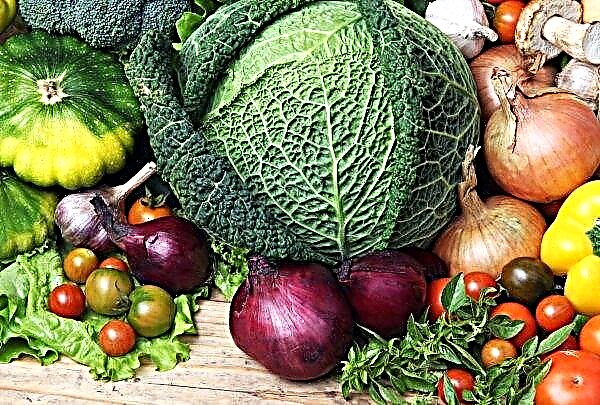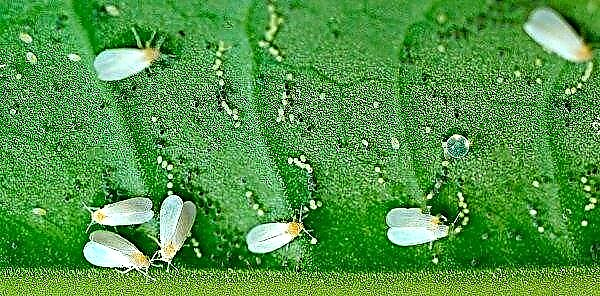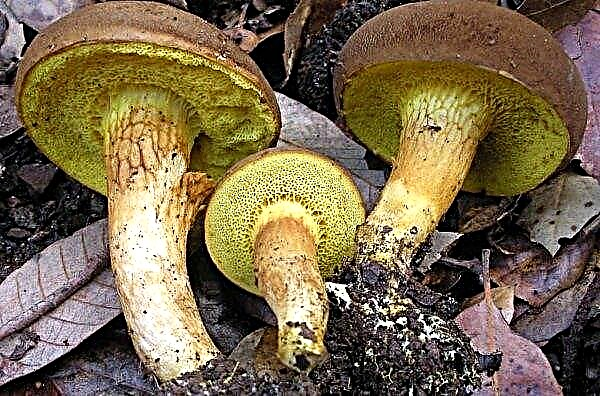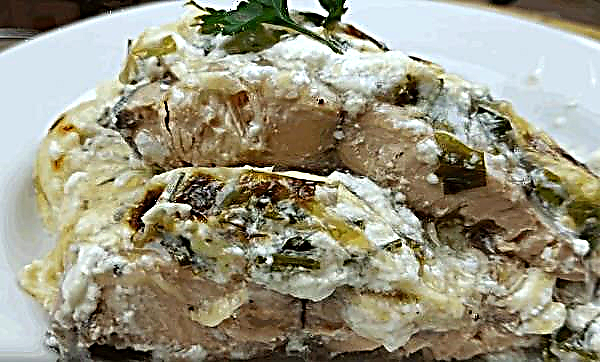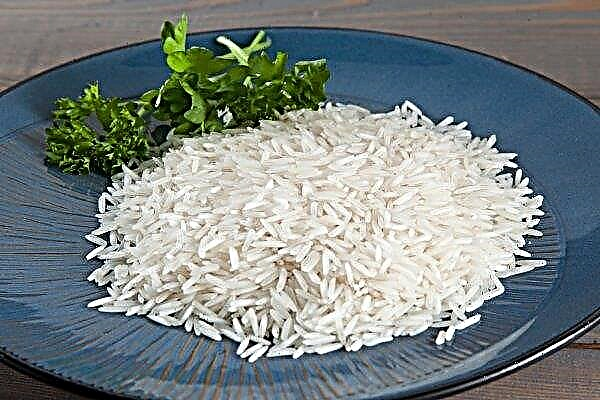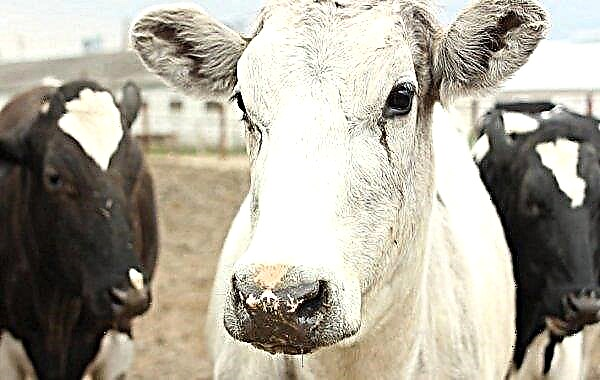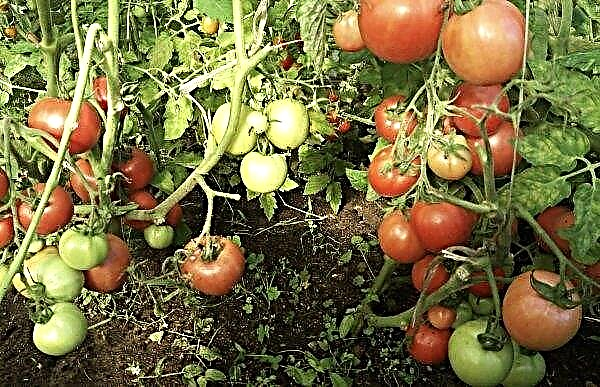According to the Chinese Academy of Sciences (CAS), Chinese researchers have developed a genetically modified purple tomato rich in anthocyanins.
Anthocyanins are a group of pigments that enhance antioxidants and provide the purple, red or blue colors of many fruits and vegetables.
Some studies suggest that the presence of foods high in anthocyanins in the diet may reduce the risk of heart disease and cancer.

Although most tomatoes do not have anthocyanins in their fruits, the Indigo Rose purple tomato variety shows a significant accumulation of pigment, which is dependent on light.
Researchers at the Institute of Genetics and Development Biology, reporting to CAS, have studied the mechanisms of biosynthesis of anthocyanins in Indigo Rose, identified the genes associated with this process, and created purple tomatoes that accumulate anthocyanins both in their shell and in the pulp.

The study provided important “target genes” for the production of tomatoes rich in these pigments.
According to Li Chuanyu, the leader of the study, thanks to the disclosure of the mechanism of synthesis of anthocyanins, new ideas and technical approaches to improving crops were introduced.

